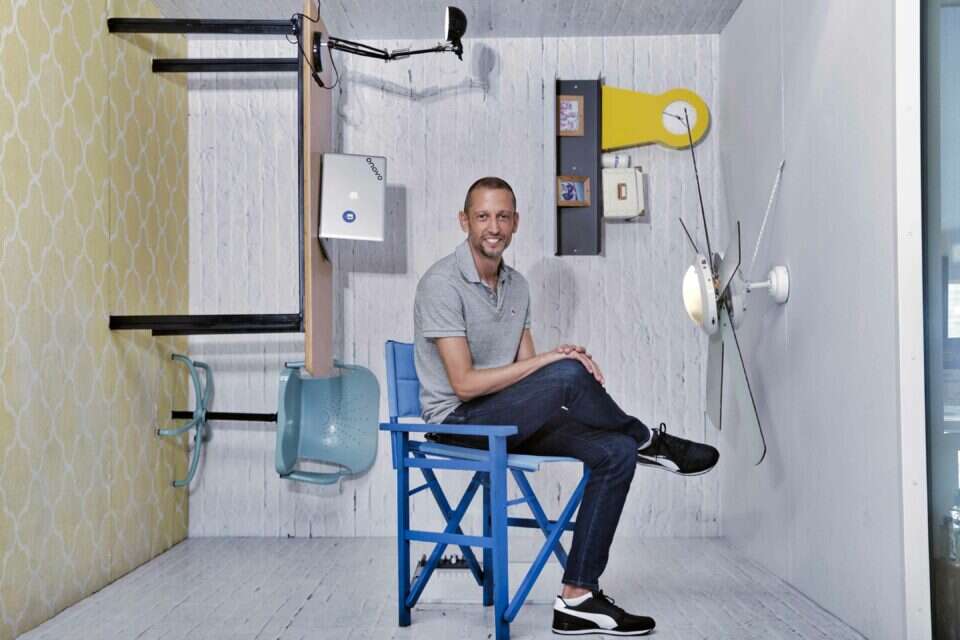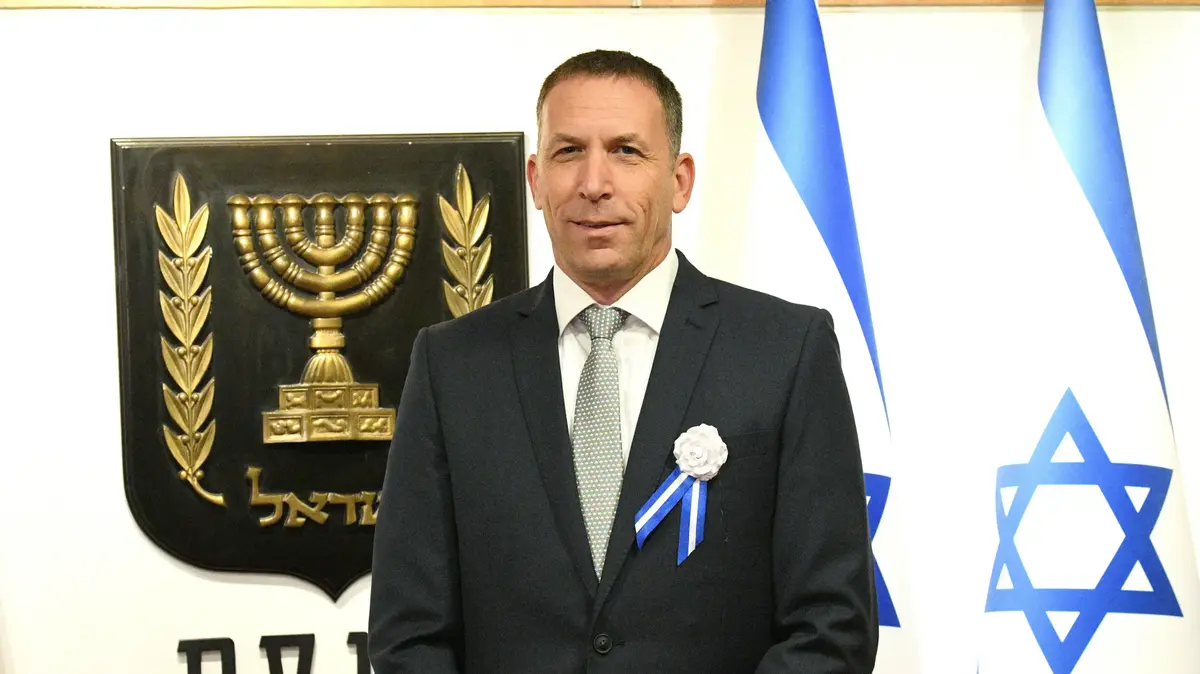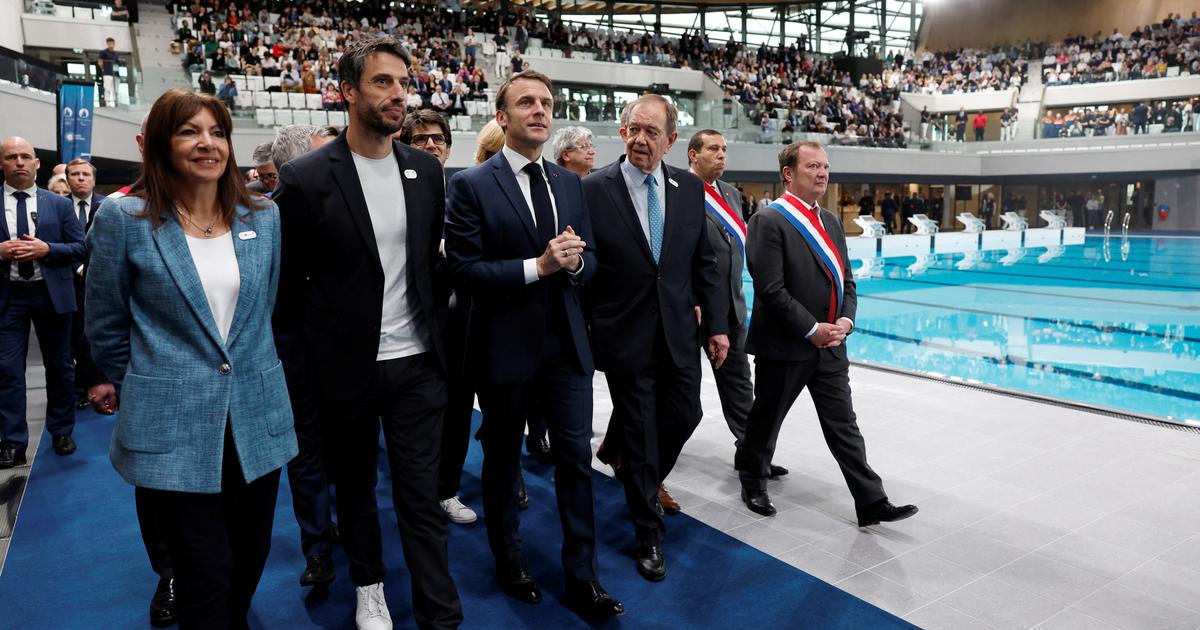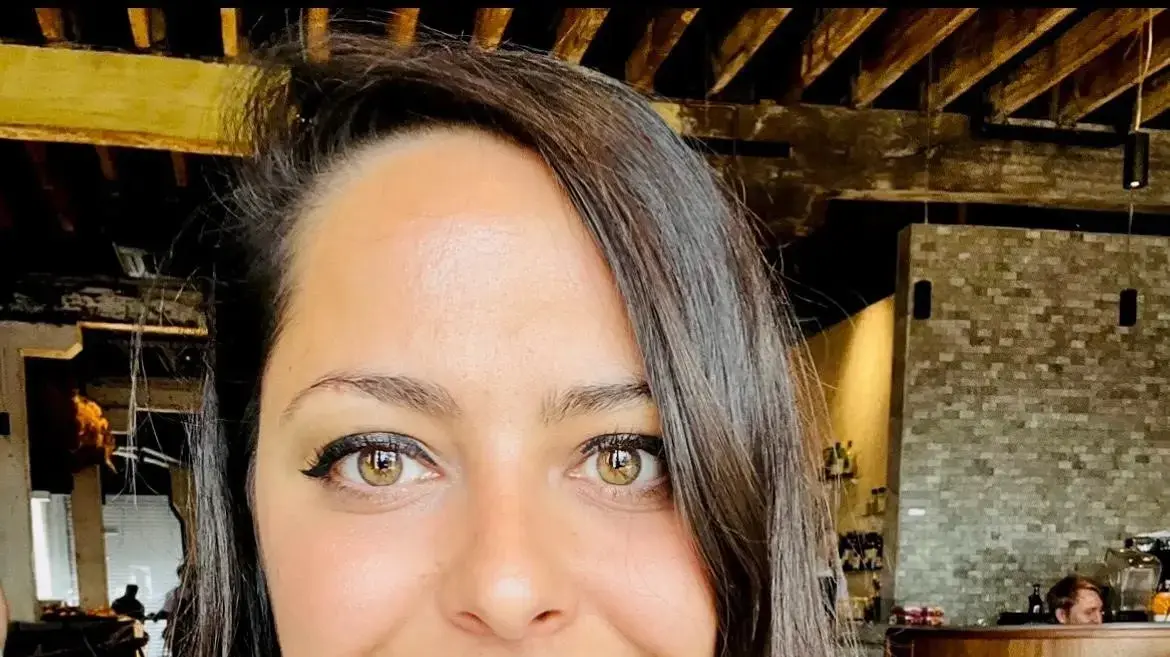Nir Oren, you were supposed to be a lawyer. How did you become a VP of Facebook Israel?
”I grew up in Ramat Aviv with two engineering parents, and you could say they were kind of shocked when they heard I went to study law.
Towards graduation I decided to convert academics to programming, but in the end I did not become a lawyer nor a programmer.
After graduating, I joined the online gambling company 888, started as a Media Buyer and after about three years, I managed the company's operations in the United States.
A big role for a young guy.
“I was then about 28 years old, and the US was the main market of 888, so a unique experience was created there. Then we went back to Israel, I worked for a few more startups and the last big job I did was vice president of marketing at eToro, a trading platform in the capital market based on an online social network. There I also became acquainted with Facebook, which I came to one day. "
Your role is diverse. Among other things, you have to deal with quite a few accusations, in corona matters for example. We are nearing the halt of the fourth wave, but still many people refuse to get vaccinated. President Biden even said recently that Facebook is killing people because of false information about vaccines. These are serious allegations.
"We do not want Pike News on our platform, nor are we dying for the role of arbitrator - of what Pike and what not. Therefore, we have formed partnerships with 80 bodies around the world that check facts. In Israel, the cooperation is with Reuters and AFP in Arabic. These bodies work in 60 languages and their role is to monitor and identify problematic content.
"So when it comes to vaccines, as soon as certain content can harm a person's life - it goes down. For example, if people are told to drink bleach. There is also a list of things that are prone to removal. Things that have been refuted. "
To Oshrat Kotler's post against vaccines it took five days until it dropped. Who decides on the things that will be removed?
"It's a combination of technologies and a human factor. 90 percent of hate content, for example, comes down through advanced technology. There are cases where we are not completely safe, and a human eye is required. Sometimes it's content that is flooded by the community itself. "By the way, these are whole operations of people living outside of Israel."
What about the allegations against you for reducing exposure of content from the right? People on the right claim that Facebook is silencing them, and on the left they think you are harassing them.
"My answer is unequivocally no. Facebook has no political agenda. In similar cases on both sides of the political spectrum - our reaction will be the same."
You removed the accounts of right-wing activists such as Michael Ben-Ari and Baruch Marzel. On the other hand, there are still pages that promote the release of Palestinian terrorists.
"I do not know if it is correct to refer to specific cases. What can be said: content is also flooded by people, sometimes by the media - and it can be a trigger for a re-examination of things, which are not necessarily up-to-date or new on the platform. "There is problematic content, and only now is it being reported - things will be examined. In general, if someone supports a terrorist organization, he should not be on the platform, period."
For the user.
Zuckerberg testifies at Capitol Hill, 2018 \ Photo: EPI,
But people do not understand how you behave, for example when you block people. It arouses a lot of anger on the part of the public. Do you understand the resentment towards you?
"I understand the anger, and it should be accompanied by an understanding of the dramatic challenge that society faces in the context of content management. There is today a clear understanding in society that content is our responsibility. We have zero tolerance for problematic content. Does that mean there are zero cases? No. "And it's getting better but it's not hermetic. And the challenge is hysterical. You meet 3.5 billion people on our various platforms, with endless amounts of content, and you're constantly trying to balance privacy, security and freedom of expression. So I can understand anger in places where we are wrong."
Mistakes can be understood, but lack of transparency, some would say extreme lack of transparency on your part, people find it difficult to restrain.
"I think that's also one of the reasons we're here, to explain what we can explain."
"Tiktok? Competition is good"
The new book written by New York Times technology journalist Shira Frenkel states that Facebook wants to grow at any cost, and that it only admits mistakes when they are published. Do you identify with these statements?
"Mark Zuckerberg does an open question and answer session with the company once a week, and people who work within the company raise very difficult questions there. I am impressed by the authenticity and good intentions that Mark specifically has, and behind the directions he navigates the company. We communicate and how transparent we are. "
From start to finish.
"Monday" on NASDAQ / Photo: NASDAQ,
So in your eyes there is room for improvement in the level of transparency.
"Unequivocally yes. I think we need to explain much better what we are doing. I will tell you a sad case that happened to me. I met an acquaintance on the street, who works at the bank, and asked me what I do today, and I told him I work on Facebook. And he tells me: ' Oh, you're the bad guys. You know, just a second ago the banks were the bad guys, and now it's us? So we are not the bad guys. It's wrong to say such a thing about us. "The world is moving forward in a very dramatic way, moving humanity forward. And I see decisions being made on an ongoing basis that are against the business bottom line of society."
Against the business purpose of the company? Explain.
"For example, about two years ago we decided to significantly reduce exposure to viral videos, which are known to be very good for the bottom line of society. On the other hand, there is an intention that the time people spend with us will be significant.
" Facing viral content: Jumping cats, for example. This is a dramatic decision and Facebook made it without blinking an eye. This is a situation where the business impact was significant, and despite this - the mental well-being of the users was more important. Users also have the option to limit the amount of time they spend in the app. "
I do not know what Tiktok's policy is regarding the time spent in the app, but it recently overtook you in a number of downloads. How do you prepare for the competition?
"Competition is a good and healthy thing. Competition motivates us to make our product more attractive, so that it competes better. We have very significant competition in almost every field that the company touches, and that's a good thing, as mentioned. Are we worried? What is in front of our eyes is the need Stay relevant for our audience types. "
So how do you attract the younger generation to Facebook? Some graze in foreign fields, some did not come to you in the first place.
"The idea is to stay very attentive, to identify trends as they happen. Mark Zuckerberg says he regularly interviews children, to understand what's hot, what they want. The wisdom is to keep making innovative and fast moves that change the course of the ship and make it relevant."
How do you identify talent?
To stay relevant and attract the younger generation, are you taking - perhaps like other giant companies - predatory steps when it comes to recruiting? All means are kosher to get a good employee, talent?
"No. This is not the case. We live in the technological ecosystem, and in fact - in many cases we have difficulty recruiting employees. There are talents in the market who are fascinated by the ability to influence what happens within small startups. So we often find ourselves in a real war for talent, and strive It is very important that things are conducted in a transparent, correct, humane manner. "
What characterizes the talents you are looking for?
"The talents we recruit are characterized by a combination of two types of abilities - high analytical abilities along with high business abilities. Of course sometimes only one of these two elements is found, then we train ourselves in the missing areas. Above these two abilities sits the personal component - people with the magic , which produces high interpersonal abilities and capabilities phenomenal teamwork and partners.
"In many cases we can not afford to recruit inexperienced people and train them, which is something we are very proud to do."
Before we talk more about startups, can you address the issue of privacy? We recently saw a wave of hacks on Instagram, leaking details of Israeli users.
"The issue of privacy is paramount for us, even though it is not a perfect world. For users, they too can do things about it. Two-step verification, for example, is mandatory."
The spark in the periphery
You said that you are part of the ecosystem of startups in Israel. People do not know how much you have a part in promoting the industry.
"Facebook's office in Israel is different from Facebook's offices in the world, and is the only one in the world that has very high rates of work with startups. We work with hundreds of startups, maybe more, and the concept is broad - from what products to build, what technologies to use, what audiences to reach. What problems we come to solve, and up to things related to marketing and also the use of Facebook. "
outside.
Ben Ari / Photo: Yossi Zeliger,
You want Facebook to be an integral part of every startup that grows here.
"That's right. The idea is to meet the companies at a very early stage and explain to them why they should think 'Facebook First'." Sometimes we meet the companies at a stage where there are only two founders with some kind of 'Proof of Concept' (feasibility study; RP). We have different programs where the participants go through workshops in different fields - product, marketing, human resources, and this is a service we give them "Free of charge. Some of the companies that started with us in their early stages are today large public companies - 'Monday', 'Lemonade' and 'Ituro' for example."
Are there areas of startups that you do not want to touch on in advance, that are less relevant to you?
"The ideal is companies that want to take the product directly to the end consumer, and at the same time we will also deal with companies that want to turn to businesses. As long as it is an operation that tries to reach a large number of users, individuals and businesses, small and medium - it is relevant. ".
What areas of technology will you focus on?
"We are built in the form of verticals - teams that specialize in different business areas and cover the relevant areas. It ranges from worlds of entertainment, technologies in finance, healthcare, online commerce and many other areas."
Google also provides a similar service. Should entrepreneurs choose between you?
"They can both. Many times I will tell entities that they should also have a dialogue with Google. There are nuances to each of the platforms and they give different things."
Do you help startups in the periphery?
"We have an internal project that aims to bring high-tech to the periphery of society, both in terms of geography and in terms of different groups in society - ultra-Orthodox, Arabs, women, adults."
Facebook Offices, USA / Photo: IP,
Do you recognize more hunger for success in the periphery?
"In one case I worked with guys from Netivot. I recognized a very big hunger in them, definitely, and it was amazing to see. I think some of the young people in the periphery understand that they are 'underdogs', that they come from a more difficult place, and that's not necessarily a disadvantage. Wow.
”So for some of us we can do workshops on their relevant areas of practice, but these are things that can also happen at the state level, and there are very big misses in terms of how much the state manages to push young guys into technology.
To me, programming should be a core profession.
Excel should be a tool that everyone learns at a relatively high level.
I hope that in Israel they will move to these places much faster. "
For suggestions and comments: Ranp@israelhayom.co.il









